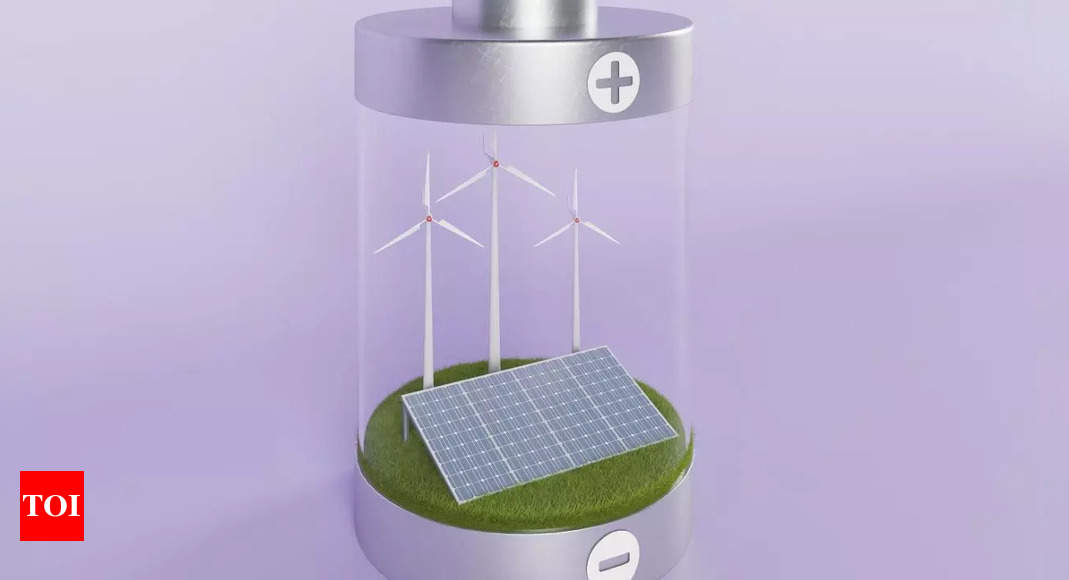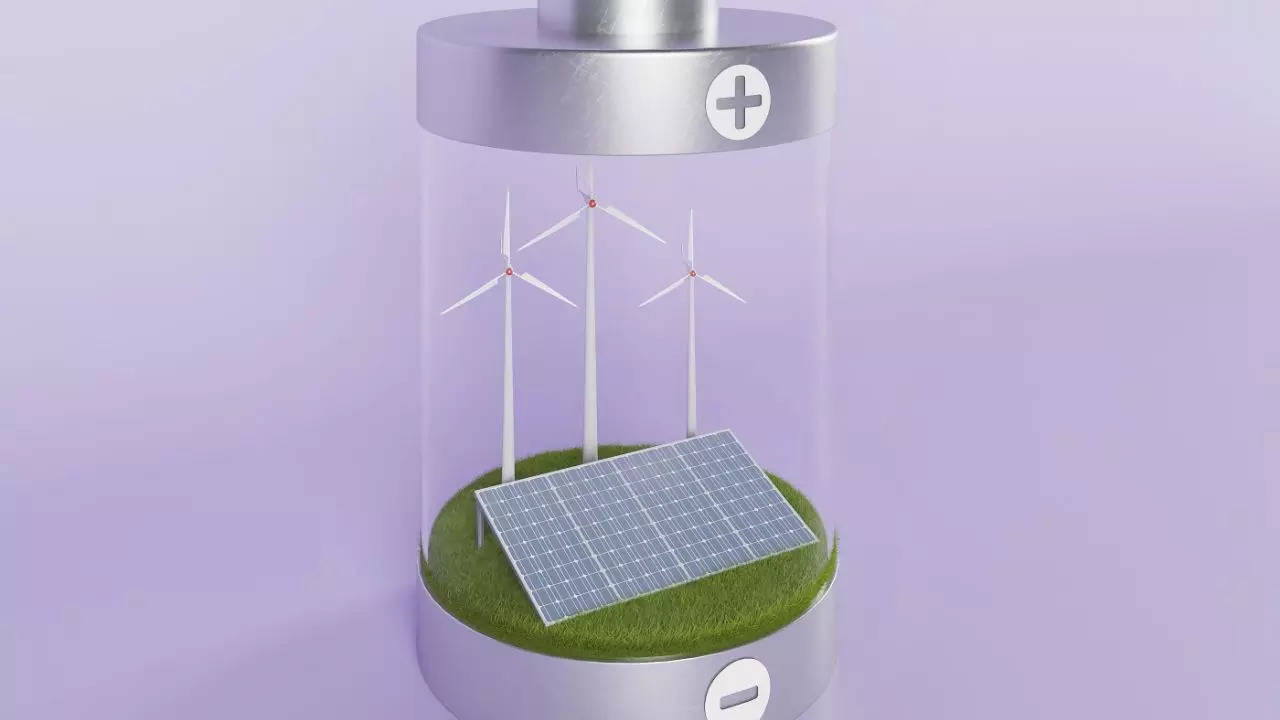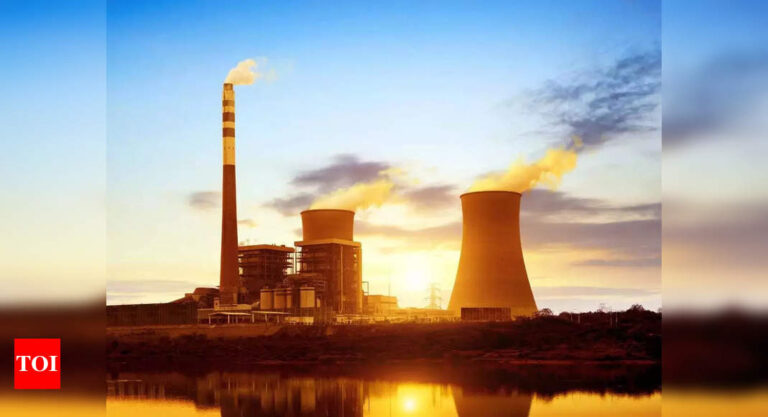[ad_1]
GoodEnoughEnergy has introduced plans to launch India’s first battery vitality storage gigafactory in Jammu and Kashmir by October. The ability goals to cut back over 5 million tons of carbon emissions yearly, supporting India’s aim of reaching internet zero by 2070. This discount is equal to the Indian Railway’s annual carbon discount goal of 4 million tonnes.
With an preliminary funding of $18.07 million, the 7 GWH plant will see an extra 3 billion rupees injected by 2027 to scale as much as 20 GWH, Reuters quoted the founder Akash Kaushik as saying.
These tasks are essential for India’s goal to achieve 500 GW of renewable vitality capability by 2030 from the present 178 GW. The federal government is providing incentives value $452 million to advertise battery storage initiatives, facilitating the storage and utilization of vitality from numerous renewable sources like photo voltaic and wind.
The corporate is presently within the course of of building its plant, aiming for operational readiness by October of this yr, with an preliminary manufacturing capability for battery. vitality storage techniques ,BESS) set at 7GWh each year.
Throughout an occasion unveiling its BESS expertise, Kaushik advised PTI that the corporate has invested Rs 160 crore to this point in growing a BESS manufacturing facility able to producing 7GWh.
Kaushik additional outlined the corporate’s plans, detailing a proposed funding of Rs 450 crore to broaden the BESS manufacturing facility to attain a complete capability of 20GWh each year by 2026.
The Gigafactory goals to ascertain a totally built-in ecosystem, facilitating the manufacturing of superior battery vitality storage techniques to empower numerous industries of their efforts to cut back carbon emissions.
On Tuesday, the corporate introduced the biggest Gigafactory within the presence of Dinesh Jagdale, Joint Secretary of New & Renewable Vitality, and Rahul Walawalkar, President of the India Vitality Storage Alliance.
Kaushik highlighted the numerous enchancment in BESS pricing, now at Rs 3 per KWh/unit, making it akin to different fossil-fuel based mostly electrical energy sources.
He emphasised the environmental impression, noting {that a} 125KVA generator consuming 60 liters of diesel every day for 2 hours leads to CO2 emissions of 180 kg. Equally, every electrical energy unit (kWh) from a diesel generator or coal plant produces one kilogram of CO2.
With an preliminary funding of $18.07 million, the 7 GWH plant will see an extra 3 billion rupees injected by 2027 to scale as much as 20 GWH, Reuters quoted the founder Akash Kaushik as saying.
These tasks are essential for India’s goal to achieve 500 GW of renewable vitality capability by 2030 from the present 178 GW. The federal government is providing incentives value $452 million to advertise battery storage initiatives, facilitating the storage and utilization of vitality from numerous renewable sources like photo voltaic and wind.
The corporate is presently within the course of of building its plant, aiming for operational readiness by October of this yr, with an preliminary manufacturing capability for battery. vitality storage techniques ,BESS) set at 7GWh each year.
Throughout an occasion unveiling its BESS expertise, Kaushik advised PTI that the corporate has invested Rs 160 crore to this point in growing a BESS manufacturing facility able to producing 7GWh.
Kaushik additional outlined the corporate’s plans, detailing a proposed funding of Rs 450 crore to broaden the BESS manufacturing facility to attain a complete capability of 20GWh each year by 2026.
The Gigafactory goals to ascertain a totally built-in ecosystem, facilitating the manufacturing of superior battery vitality storage techniques to empower numerous industries of their efforts to cut back carbon emissions.
On Tuesday, the corporate introduced the biggest Gigafactory within the presence of Dinesh Jagdale, Joint Secretary of New & Renewable Vitality, and Rahul Walawalkar, President of the India Vitality Storage Alliance.
Kaushik highlighted the numerous enchancment in BESS pricing, now at Rs 3 per KWh/unit, making it akin to different fossil-fuel based mostly electrical energy sources.
He emphasised the environmental impression, noting {that a} 125KVA generator consuming 60 liters of diesel every day for 2 hours leads to CO2 emissions of 180 kg. Equally, every electrical energy unit (kWh) from a diesel generator or coal plant produces one kilogram of CO2.
[ad_2]
2024-03-19 16:27:22
[





















+ There are no comments
Add yours